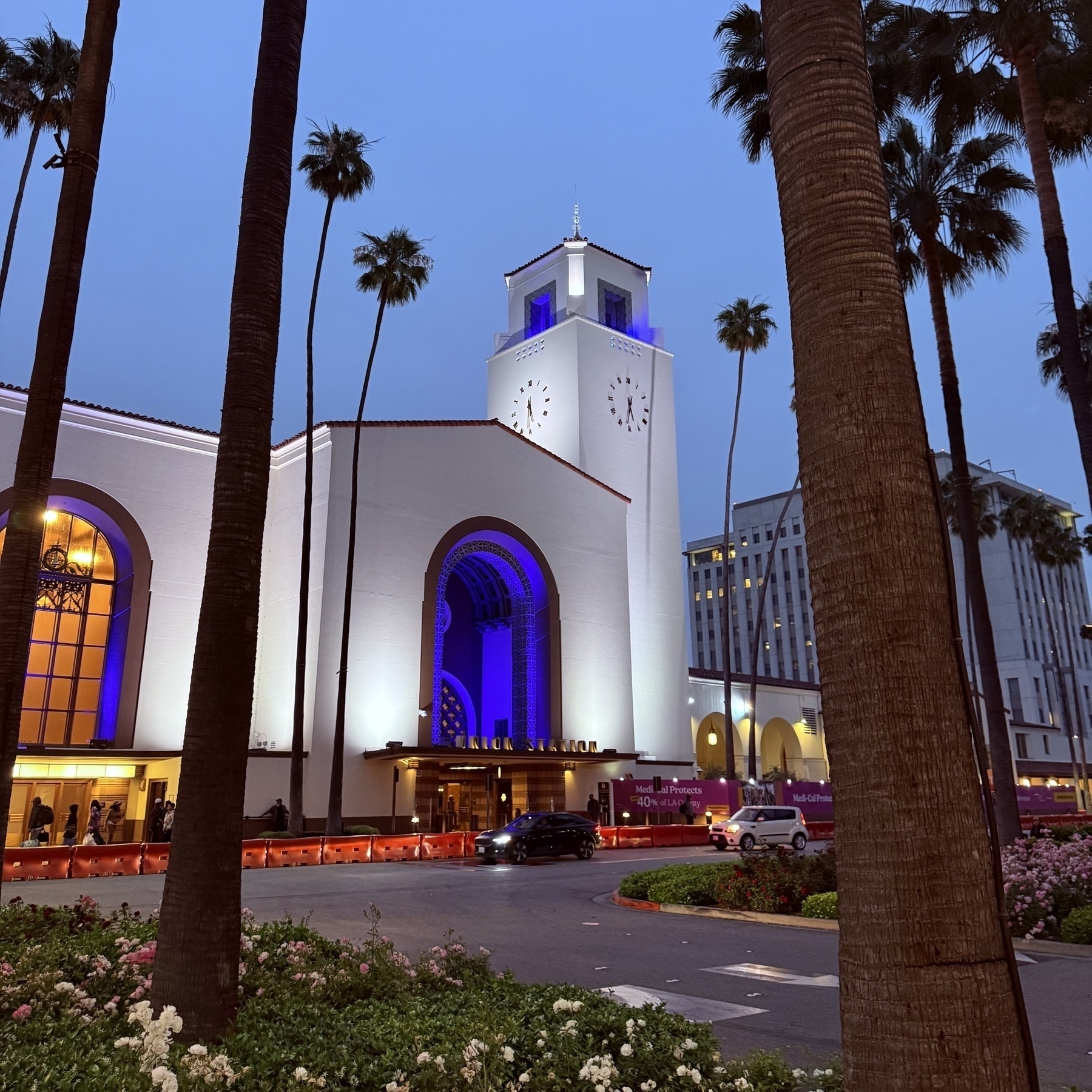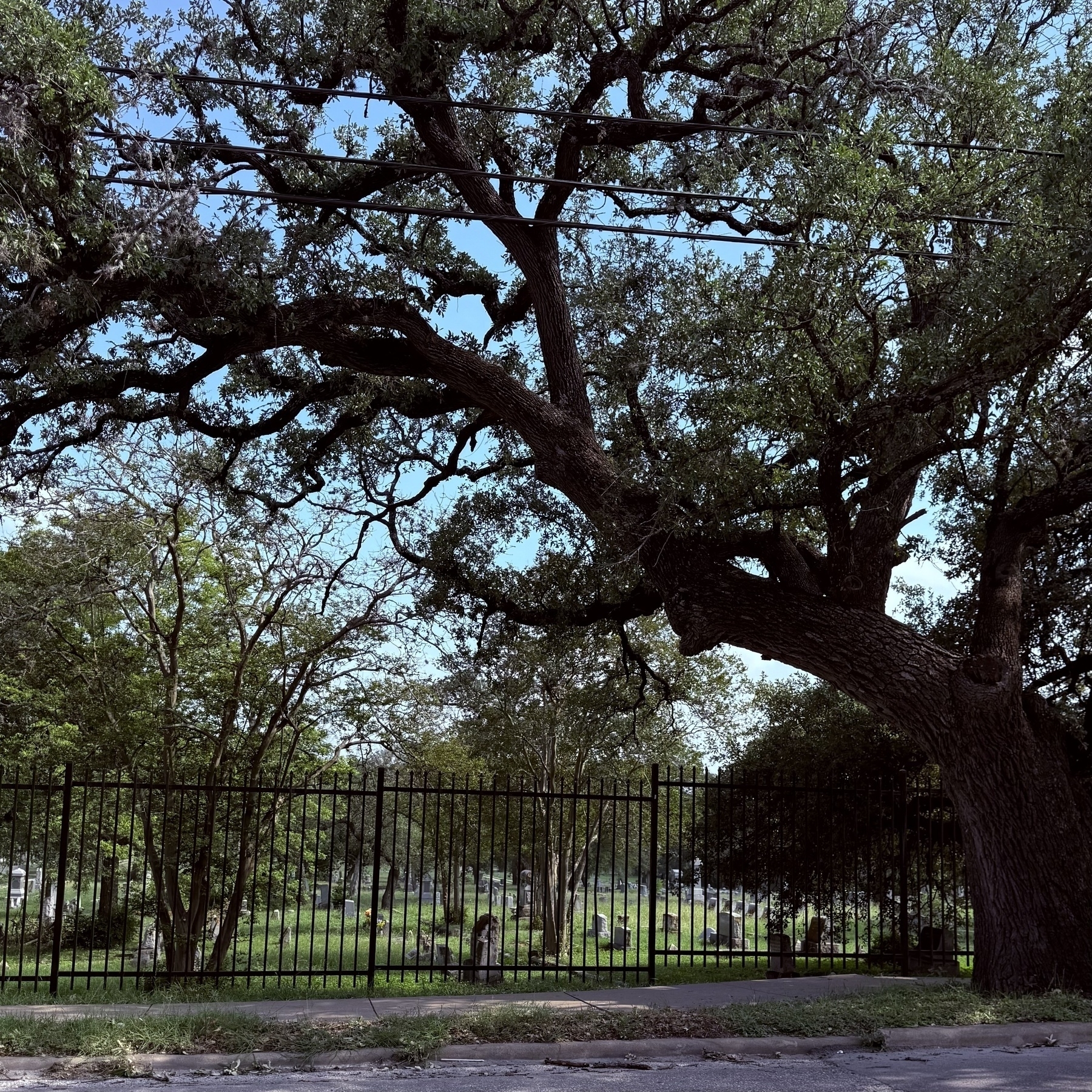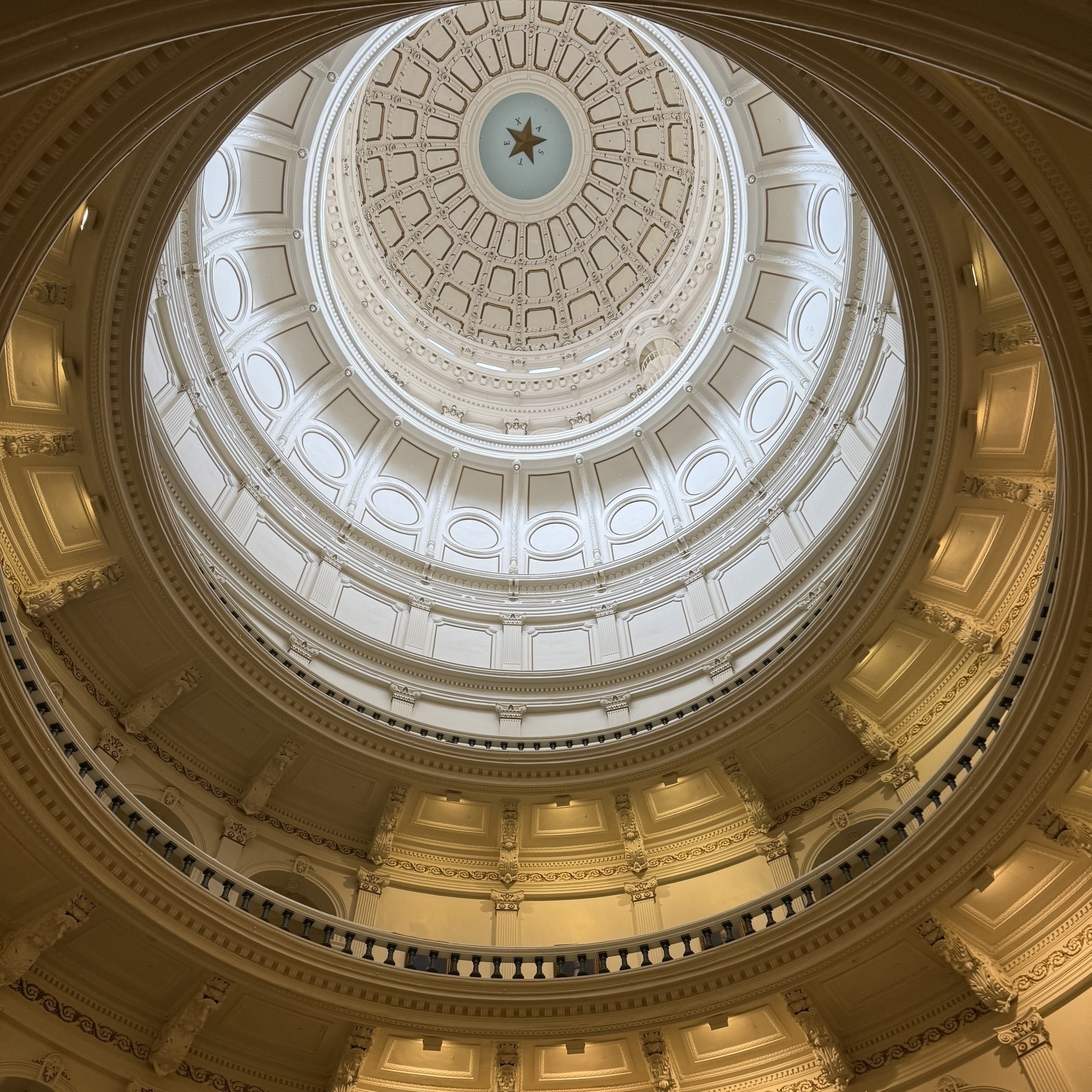Not today, but eventually
After I drafted this blog post, the part that follows the horizontal rule in a moment, I wasn’t sure I would publish it. Then I read this post by Thomas Ptacek. This line resonated with me:
Extraordinarily talented people are doing work that LLMs already do better, out of spite.
For students, I think it’s great to not use AI too heavily. My son has been working on a project that he completely avoided using AI for. He learned so much about C and memory management that he wouldn’t have learned if he blindly copied half the code from an LLM. It was invaluable to go through those mistakes of referencing a pointer the wrong way, or troubleshooting a buffer overrun, or a number of other problems that you skip if you let a machine write code for you.
But eventually, if he gets a job as a software developer, it will be hard to ignore AI. The only programmers not using AI will be folks who are coding in their spare time for the craft alone, not building products.
The more I think deeply about AI, the more I reflect on humanity and creativity and what our purpose here might be.
I understand feeling distrust for AI on principle. I’ve read so many blog posts from people who have various reasons for wishing AI didn’t work the way it does, didn’t use as much energy, didn’t crawl the web without permission, didn’t put people out of work, didn’t upend education, and so on.
For me, now that I’ve seen AI, I can’t un-see it. I can’t go about my life as if nothing has changed. In a world where machines are smarter than we are, what should we work on? Everyone will find value and happiness in different ways.
As a small example, thinking about this is what led me to add audio narration to Micro.blog. So instead of a web filled with auto-generated AI voices, it’s easier to listen to a human voice for our blog posts. Our voices are imperfect, unique, and beautiful. I’d love to find more places in Micro.blog where we can promote human creativity. (This blog post has an audio version. If you’re reading on the web, click on the play button at the top.)
My gut feeling is that for the folks who do not change anything in response to AI, pretending that AI doesn’t exist, they will increasingly be unhappy. Not today, but eventually. Despite all the hype, the changes will creep up on us slowly over several years.
Maybe this hits closer to home for me because I’m a programmer. I have 30 years of experience writing code, but AI can write code better than I can. A big part of what I used to do has been obsoleted, and that hurts to think about. But another part of what I used to do — designing the right features to build — is still important.
Artists are struggling with the same questions. If any artistic style can be recreated effortlessly by AI, what is the new role of artists? I explored this in more detail a few months ago. Here’s a snippet:
And there will always be a place for human art. Vincent van Gogh’s paintings are not valuable because of what they look like. They are unique and priceless because of who he was. A life, with all its struggle, love, and tragedy.
I guess I’m writing this for all the doubters. Please don’t ignore what is happening, hoping AI will just go away. No matter what you care about, no matter what your job is, there is something you can do that matters. We need you. AI discussion has become needlessly divisive. The future will be better if everyone is working together.





